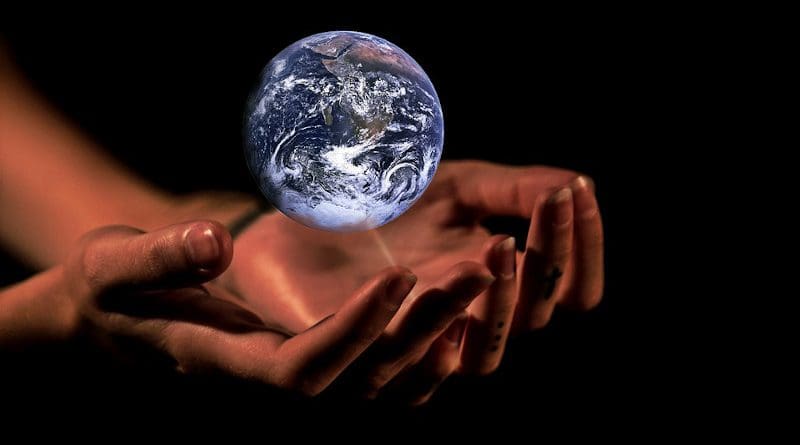IPCC Suggests Ways To Adapt To Climate Change – OpEd
More people are going hungry as a result of increasingly severe weather. Even if we do not halt global warming, a major United Nations report on climate science will be released on February 28, 2022. Global warming’s impact has been made “extremely evident,” says the chairman of the World Meteorological Organization, Petteri Taalalas. People in Africa, South Asia, and the Pacific Islands face the greatest danger.
Adaptation to a warming planet will be examined to see if we can avert fatalities, economic losses, and other issues. It will also examine who and where are most at danger, and how we are unable to respond. IPCC Chair Hoesung Lee said, the stakes have never been greater and the Working Group II report is more critical than ever. He referred to the research as ‘vital’.
Over the course of the previous 34 years, the IPCC has relied on a global panel of experts to make a slew of important judgments. AR6 is the name of this cycle. It is now in its sixth year. It may take several years to complete a research cycle, with major publications being issued in phases, frequently in the lead-up to important United Nations climate change conferences.
Additionally, there are a number of “special” studies, such as one issued in 2018 emphasising the need to reduce global warming to 1.5 degrees Celsius and another that examined how land use changes, such chopping down trees for farming, impact climate change. After the adaptation report, which is due this month, there are two further reports scheduled for this year.
The topic of discussion during the April summit will be how to achieve the Paris Agreement’s reduction targets for global warming. The final report will be released in late September, summarising the whole series. Before the UN climate meeting in November, this will take place.
What is new in this report in terms of adaptability? Changes in people’s lives and workplaces may help shield them from the escalating consequences of climate change, according to the IPCC. Droughts, flooding, storms, heat waves, and sea level rise are all being exacerbated as a result of global warming, but this study will examine how this is happening. This is aimed to reassure people that the battle against climate change is not losing momentum, while simultaneously encouraging people to take advantage of these solutions as soon as possible.
Climate change adaptation efforts ‘far surpass their speed,’ according to UN Environment Program chief Andersen earlier this month. A large number of individuals and organisations were urged to “run” in the direction of adapting by her. It is possible to mitigate the effects of climate change by hardening crops; creating stronger seawalls and structures; mending flood-absorbing wetlands; planting trees in cooler cities; and relocating whole towns away from eroding coasts or unstable mountain slopes, among other things.
Hans-Otto Pörtner, one of the study’s co-chairmen, said the research will demonstrate how individuals who live in healthy ecosystems benefit from clean air, water, and food, as well as carbon storage. Our civilization’s progress has been connected to the collapse of nature, and there must be a return, as one German scientist put it. Humanity and our environment are ‘inseparable’, he remarked.
Nature has a hard limit on how much CO2 it can take from the atmosphere, resulting in issues like fewer fish and reduced CO2 absorption from the air. Pörtner points out that climate change might compel whole communities to relocate due to high heat or drought, which is an issue for people across the globe.
Adaptation research leaders said they hope their results will help people better grasp the consequences of climate change and how to better adapt. According to the findings, the Sustainable Development Goals of the United Nations, which include, among other things, eliminating world hunger and poverty by 2030, would be increasingly difficult to achieve as a result of global warming.
More focus will be placed on urban areas, where more than half of the world’s population lives, and how they might expand and prosper in a more ecologically sustainable manner. An improved standard of living and less emissions from transportation might arise from this shift in the way people live. For example, the COVID-19 outbreak and how it impacts climate action will be examined as part of a new research co-chaired by WGII co-chair Debra Roberts.
Additionally, the project will investigate how inequality and injustice affect communities’ ability to adapt to changes, according to her. An official from the South African city of Durban believes the research will convey a strong message that everyone has to assist transform human systems so they may be more sustainable and fair. It is a win-win situation for everyone involved. According to her, no one can be left out of this response. She went on to remark that closing the widening gap between people’s words and actions would be ‘tough’.
*Adeel Mukhtar Mirza, Assistant Research Associate, Islamabad Policy Research Institute

